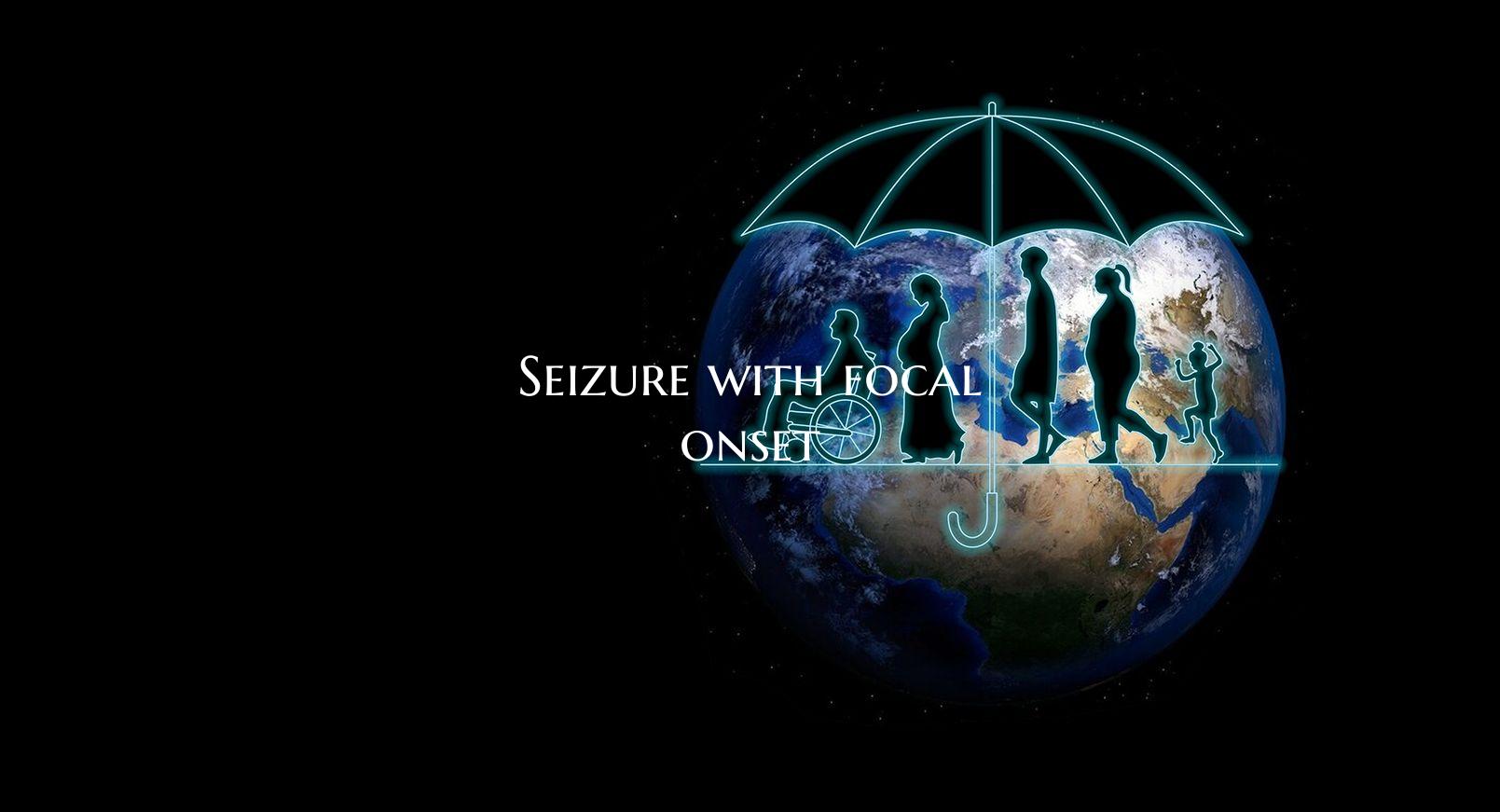
Seizure with focal onset
A seizure with focal onset, also known as a focal seizure, is a type of seizure that originates in a specific area of the brain. Unlike generalized seizures that affect both sides of the brain at once, focal seizures are limited to one area, or one side, of the brain.
During a seizure with focal onset, an individual may experience various symptoms depending on the part of the brain affected. These symptoms can range from sensory disturbances like tingling, visual changes, or auditory hallucinations, to motor symptoms such as twitching, jerking movements, or even repetitive behaviors like lip smacking or hand rubbing.
It's important to note that focal seizures can be further classified into two subtypes: focal aware seizures, where the person remains conscious and aware during the seizure, and focal impaired awareness seizures, where the person may experience alterations in consciousness or behavior.
Diagnosing a seizure with focal onset involves a thorough medical evaluation, including a detailed history, physical examination, and often neuroimaging tests such as MRI or CT scans. Electroencephalography (EEG) may also be used to record brain activity and help identify the specific location of the seizure onset.
Treatment for seizures with focal onset typically involves antiepileptic medications to help control and prevent future seizures. In some cases, other treatment options such as surgery or vagus nerve stimulation may be considered, especially if seizures are poorly controlled with medication alone.
Managing seizures with focal onset requires a multidisciplinary approach involving neurologists, epileptologists, and other healthcare professionals. It's essential for individuals with epilepsy to work closely with their healthcare team to develop a personalized treatment plan that addresses their specific needs and improves their quality of life.
If you or someone you know experiences seizures with focal onset, it's crucial to seek medical advice promptly to receive an accurate diagnosis and appropriate management. With the right treatment and support, many individuals with epilepsy can lead fulfilling lives and effectively manage their condition.